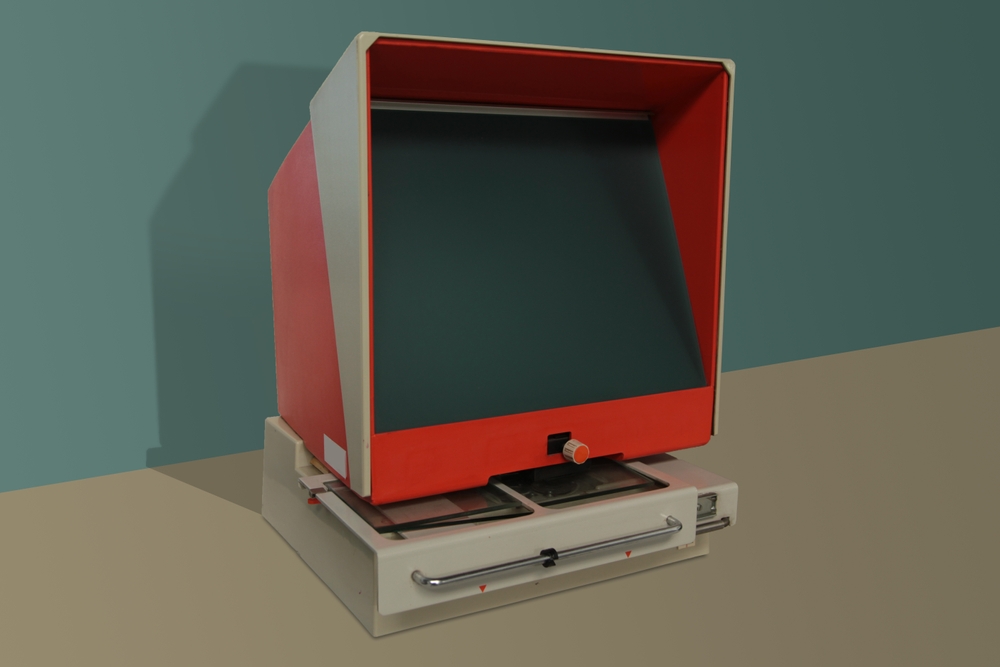
From Microfiche to AI: Why Preparing for an Interview Is Still All About Effort
When I was 15, I did my Year 10 work experience at the National Coal Board in the UK — a company that no longer exists (which probably says a lot in itself). My main task was to complete punch cards by hand, rectangular pieces of cardboard that would later be sent to “the computer department” for processing. It felt very technical at the time, though I had no real idea what any of it meant. Researching the company before I started involved a trip to the local library, asking the librarian for help, and scrolling through microfiche to read old newspaper clippings.
Fast forward to today, and we’ve gone from microfiche to AI. We have endless information at our fingertips, but that doesn’t mean we always know what to do with it.
One thing that hasn’t changed is the advice I was given at the end of that work experience placement. My line manager said: “Treat finding a job like a project.” At the time, I probably nodded politely and thought about what I’d eat for lunch. But in the decades since, whether I’ve been the person applying for the role or the one interviewing, I’ve realised how true that advice is.
Today, preparing for an interview doesn’t involve library cards or cardboard punch sheets. But it does involve effort, planning, and thought. And unfortunately, that part is often overlooked.
I recently interviewed someone who was sitting on their bed during the call. They were bright and enthusiastic, but that setting didn’t create the best first impression — and first impressions matter.
So, if you’re a student or recent graduate getting ready for an interview, here’s how to treat it like a project in 2025:
Research the company: Go beyond the homepage. What do they stand for, and what’s currently important to them? Check their socials — what language do they use, what are they proud of? If they’re a public company, skim their latest annual or quarterly report. Look for media articles, collaborations, or campaigns — even a few details will show that you’ve done your homework.
Look up the people: Find out who’s interviewing you and view their LinkedIn profile. What is their background? How long have they been at the company? What kind of content do they engage with? Even a single point of shared experience or interest can make a conversation feel warmer.
Anticipate the questions: What are the key skills listed in the job ad? What qualities might they be looking for? Reflect on specific examples that show you’ve demonstrated those things — even in part-time jobs, group projects, or extracurriculars. Practise aloud. It really helps.
Plan the logistics: If it’s in person, do a trial run or plan your trip. Arriving flustered isn’t a good start. If it’s online, test your video, sound, and lighting. Aim to sit at a desk or table, with your camera at eye level — not on your bed.
Dress with intention: What impression do you want to create? Polished, professional, creative? It’s not about being formal; it’s about showing respect and readiness.
We might have AI, chatbots, and Zoom, but no matter how much the tools change, the core message remains: be prepared, be curious, put in the effort. Whether you’re using punch cards or ChatGPT, showing that you care is still what sets you apart.
If you’re ready to make the leap from classroom to career, book a free Careers Consult and let’s explore how we can help.
What our program participants say...
There’s a difference between that student job in hospitality or a retail store and your first career role. The Numensa Internship Program helps you to bridge that gap!
“During this internship, I learned and developed many essential skills required in Marketing, enhancing both my theoretical knowledge and practical abilities. This experience has significantly boosted my confidence and better prepared me for my career.”
“…the program led me to my first full-time job as a Design Assistant in the fashion industry—a role I’ve dreamed of since I was young. Completing the program and internship allowed me to connect with the right people who were willing to offer me a position. I genuinely can’t fault the program.”
